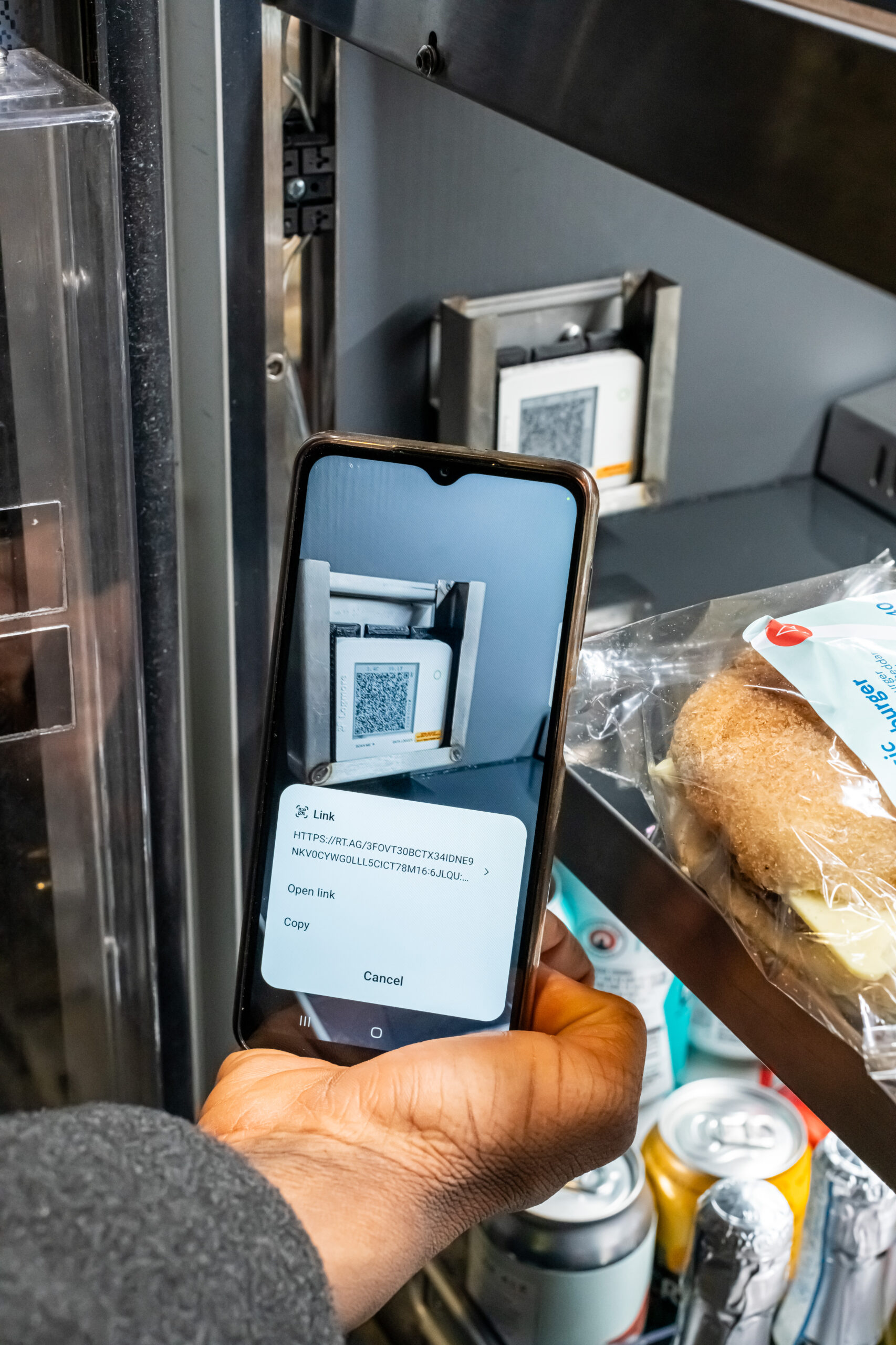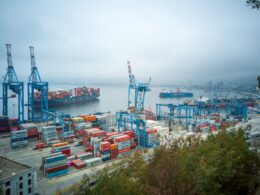The Brexit process has not been an easy ride for anyone. With the deadline becoming more like an annual national holiday than a cut-off, I think we’ve all about given up predicting when a decision might finally come about.
These delays and uncertainty of course make it increasingly difficult for businesses to prepare for leaving the EU. My observation is that a lot of organisations, particularly small and medium-sized ones, have chosen not to take any action until a definite outcome is clear.
Despite trying to protect their firms in this way, reticence to take action may have actually hindered UK businesses in the long term, as we have seen overall productivity fall.
Thankfully, in recent months we have seen companies coming back out of hibernation. Businesses are starting to spend again and demand is starting to grow.
Action is the best form of defence. So what action should you take?
For most businesses who trade with the EU, risk to their supply chain is of primary concern.
Start off by assessing the strengths and weaknesses of your supply chain. A pretty straightforward way to do this is by mapping it out geographically. Once you’ve visualised where your suppliers are based nationally and across the globe you can work back from there, giving better sight of supply chain routes and potential border issues that could be encountered post-Brexit.
Prepare your supply chain for every eventuality
- Agree a withdrawal clause with EU suppliers
If you are a business that imports products from another EU country, you need to pre-empt and protect against potential tariff changes. As a company, you can’t rely on the added costs from tariffs being swallowed up by your customers or your suppliers. However, it is also very unlikely that you can afford to take this out of your own pocket.
I would recommend agreeing a clause in your contract with EU suppliers that allows you to withdraw from your agreement to purchase, should tariffs and duties be implemented.
2. Look close to home
We have not yet seen evidence of organisations modelling potential outcomes, and we should have.
Businesses are aware of what the inbound duty rates are, so they should be using this to calculate the potential tariffs on goods coming in from the EU.
Once a company has looked at the impact of potential tariffs, it can make a judgement on whether it can afford to take that cost on, or if it must consider an alternative.
Exploring potential onshore suppliers is the most obvious alternative. Being able to source domestically removes all risk of tariffs and is much more likely to protect the continuity of your supply.
However, this option is likely to be favoured by most UK-based companies, and we only have a limited supply capacity in the UK, so this recommendation needs to be looked at carefully before any action is taken. It will be interesting to see if this benefits the UK economy or causes issues for businesses who can’t find a suitable alternative domestically.
3. Venture further afield
Investigate the potential to trade with overseas suppliers outside of the EU, where tariff regimes may be relaxed.
We may find ourselves in a position where we must pay tariffs on EU goods. However, the government could potentially agree favourable trading terms with other countries outside of the EU.
If this is the case, and your business has already sought out potential suppliers in such a country, you are going to be one step ahead in securing your supply.
The outcome of Brexit negotiations has the potential to disrupt the market significantly. Companies who have sat tight and not taken action to protect themselves could find that they are left at a massive disadvantage. Those businesses that act nimbly and have done their research to position themselves best could suddenly have a price advantage of 10-20%.
It is becoming increasingly apparent that no one really knows how Brexit will play out. Although there is a temptation to rest on our laurels, change is coming and a lack of preparation will only increase the likelihood of failure. Now is the time to put in the groundwork to mitigate risk and plan ahead, that way you and your business will be rewarded in the long term.













